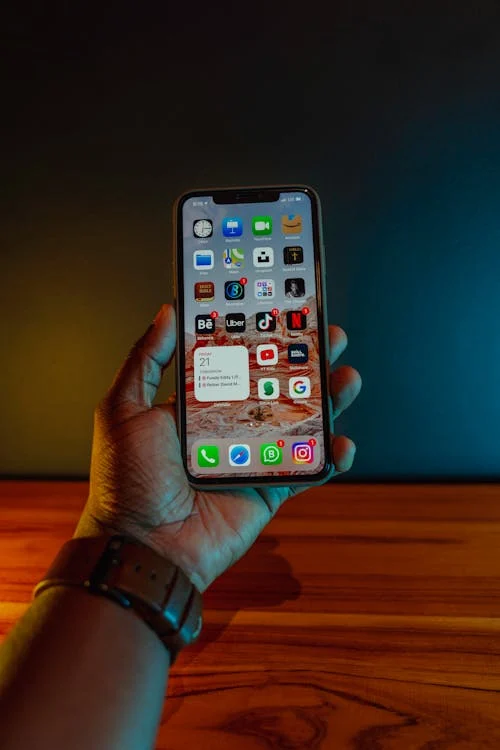Popular culture, in its various forms, has never been just a passively consumed product. From passionate fan communities to movements shaping new trends, the role of fans goes far beyond entertainment. They influence, create, and transform cultural experiences into something dynamic and alive. But how does this influence really work? And why are fans so crucial to how we experience culture today?
The Impact of Fans on the Entertainment Industry
The relationship between creators and fans is constantly evolving. With the advent of the internet and social media, this connection has become more direct, allowing audiences to have a more active voice. This is especially evident in:

1. Adaptations and Remakes
Fans have significant weight in deciding which stories get a second chance, highlighting their impact on pop culture. Cinema classics, for instance, are often revisited due to pressure from passionate communities. One example is the remake of Justice League, where fans organized online campaigns for the release of Zack Snyder’s version.
2. Crowdfunding for Projects
Platforms like Kickstarter and Patreon demonstrate how fans can directly fund projects they want to see. Indie games, music albums, and even independent films are created with direct support from these communities.
Fan Communities: Spaces for Creation and Interaction
Fans are not just consumers but also creators. They transform their passions into original productions that enrich the works they admire.
Fanarts and Fanfics
Fanarts and fanfics are two of the most popular forms of creative expression. These productions not only expand fictional universes but also create new contexts and narratives. Fanfics like Fifty Shades of Grey (originally based on Twilight) show the potential of turning amateur works into global phenomena.

Events and Conventions
Events like Comic-Con and Anime Expo are spaces where fans gather to celebrate their passions, functioning as true pop culture conventions and fan events that reinforce a sense of community. These events not only generate revenue but also create global communities that share common values and interests.
How Social Media Amplifies Fans’ Voices
Social media platforms like Twitter, Instagram, and TikTok have created an environment where fans can influence cultural trends, shape narratives, and take sides in debates that directly affect popular culture.

The Power of Instant Feedback
Creators receive immediate feedback through polls, comments, and hashtags. This can lead to changes in products or stories still in development. An example is the design of the Sonic character, altered after criticism of the first movie trailer.
Viral Movements
Fan-created campaigns often go viral, impacting corporate decisions. Hashtags like #ReleaseTheSnyderCut and #SaveLucifer show how community organization can influence entertainment giants.
Examples of Fans Who Shaped Culture
The influence of fans is visible in various areas:
- Music: BTS, a K-pop group, is a clear example of how fans can propel artists to the top. Their fanbase, the “ARMY,” mobilizes social campaigns and voting participation, influencing global music trends.
- Cinema and TV: Franchises like Star Wars and Marvel remain relevant thanks to the enthusiasm of their fan bases, who promote online discussions and organize thematic events. Additionally, streaming platforms often consider these audiences when planning releases.

- Games: Modding communities, such as those of The Elder Scrolls or Minecraft, create new maps, game modes, and experiences. These projects keep games current and attract new players, showcasing how fans can transform gaming experiences.
How Creators Can Value Their Fans
To harness the full potential of their communities, creators and companies should:
- Engage Directly: Respond to comments and foster meaningful discussions.
- Offer Exclusive Content: Early access or exclusive materials are ways to engage the most loyal fans.
- Support Fan Initiatives: Recognizing and sharing productions like fanarts and fanfics can strengthen bonds between creators and audiences.
Conclusion
Fans are the beating heart of modern culture, playing a vital role in transforming cultural experiences. They not only consume content but also shape, expand, and transform it. Whether through criticism, creations, or organized campaigns, their influence is undeniable. Recognizing this role is essential for any creator or company aiming to thrive in today’s cultural landscape.
